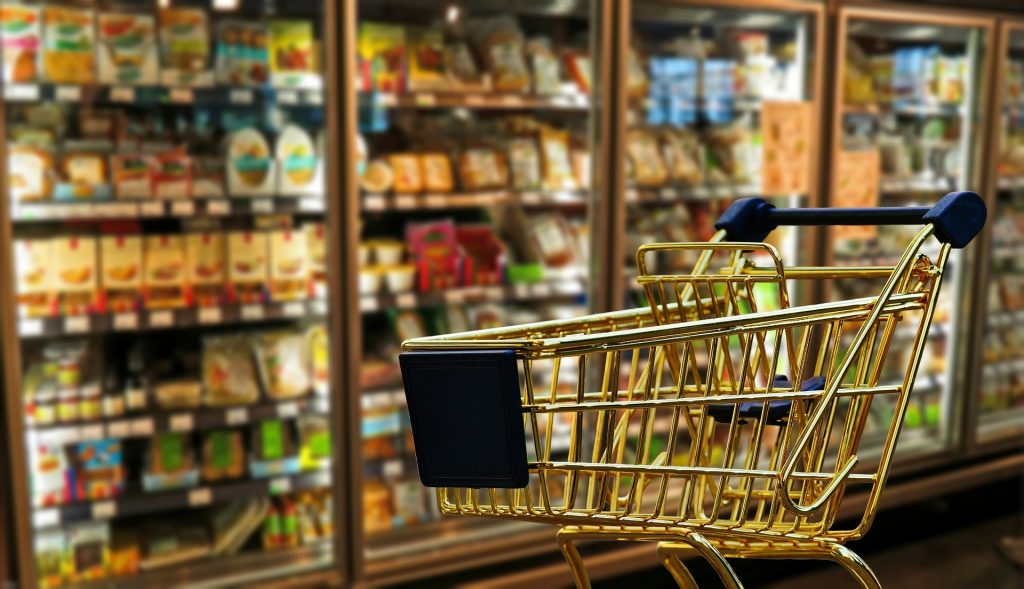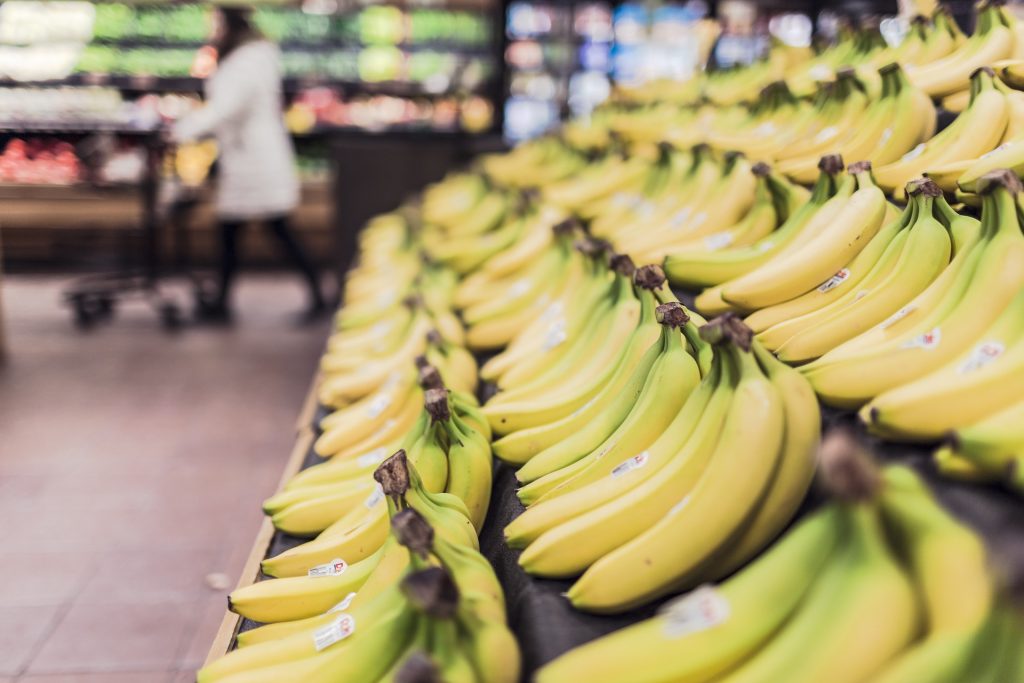 You may consider supermarkets as harmless purveyors of food stuffs that perform an essential function to human existence. Most people use supermarkets regularly, and in the Western nations are increasingly popular, not just for food, but other items such as electricals, phone contracts, car insurance, banking and pharmaceuticals. However, food is what they are known for most and possibly what they still do best. People often forget that supermarkets are not their to provide a service to the customer, although they must give this impression in order to obtain good customer retention. No, supermarkets are in the business of business, and making money is what they do best. In order to maximise the money they make, supermarkets have become incredibly effective selling machines, which are highly efficient in their ability to separate a customer from their money through psychological trickery. Most people believe they are buying what they require when they go to a supermarkets, but often it is the supermarket telling them what to buy.
You may consider supermarkets as harmless purveyors of food stuffs that perform an essential function to human existence. Most people use supermarkets regularly, and in the Western nations are increasingly popular, not just for food, but other items such as electricals, phone contracts, car insurance, banking and pharmaceuticals. However, food is what they are known for most and possibly what they still do best. People often forget that supermarkets are not their to provide a service to the customer, although they must give this impression in order to obtain good customer retention. No, supermarkets are in the business of business, and making money is what they do best. In order to maximise the money they make, supermarkets have become incredibly effective selling machines, which are highly efficient in their ability to separate a customer from their money through psychological trickery. Most people believe they are buying what they require when they go to a supermarkets, but often it is the supermarket telling them what to buy.

Supermarkets use psychological trickery to entice the buying of low quality junk foods. Being aware of these trick is important in order to avoid the health pitfalls of apparent in supermarkets.
Using a supermarket therefore requires a certain amount of caution for anyone interested in health or losing weight. The first thing to understand if you are attempting to lose weight, is that the worst thing you can ever do is to go shopping when you are hungry. The supermarkets know the smell and appearance of many of their foods are highly appealing and these foods are often at eye level to entice customers to put them in the shopping trolley. Being hungry increases the risk that the wrong types of well advertised foods from prominent locations on the shelves will make it to the checkout, and this ensures they will be in your cupboards at home. Once at home, it becomes a certainty that they will enter you mouth at some point, and so it is pivotal to avoid shopping when hungry and therefore to avoid the temptation for these often low quality highly advertised foods to be purchased. Always plan shopping trips after a meal and stick rigidly to a list, or delegate shopping to a family member if you think you will be tempted.
Some people are very susceptible to advertising, and this is reflected in the huge sums of money that food companies spend on advertising. Supermarkets are replete with advertising, and the packaging of the products is designed to jump out at you from the shelves in order to catch your gaze. It is important to understand that advertising is required on products that do not sell themselves. Take eggs for example, they are sold in simple boxes, made of dull colours with a small label to show the farm of origin and some other nutritional information. Milk also comes is basic containers with simple plain labels. Neither eggs nor milk are heavily advertised, because people have a need for them and so will buy them anyway. In contrast, ready to eat breakfast cereals, soft drinks and chocolate bars have bright packaging and advertising for such products is extensive, with children often being the targets of interest. Avoiding the temptation to succumb to this often simplistic advertising is therefore necessary to protect your health.
Another tactic that can be useful in supermarkets is to make certain areas off bounds. The chocolate bars for example are usually on the ends of particular isles near the checkouts. So avoid these areas when paying for food. Soft drinks and ready made cereals often take up entire aisles that contain little else of importance and these areas should be avoided. Enter the store and head straight for the fruit and vegetable section. This section should make up the bulk of your purchases. From this point you can move directly to the milk and dairy aisle, and then to the meat aisle. This sort of route planning negates the need to pass through areas of junk food which may be tempting to certain individuals. Building up a pattern of healthy eating practices will over time reduce cravings for sugar and other addictive food, and so as health improves such drastic measures will not be necessary. It is important to remember that supermarkets are a conspiracy to entice the purchase of high profit low quality foods and as such, caveat emptor.
RdB

